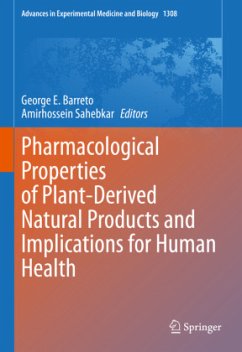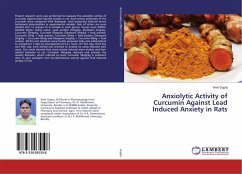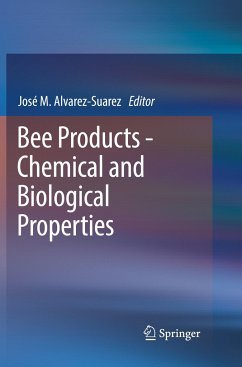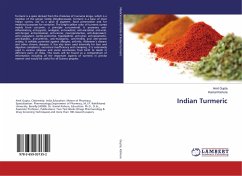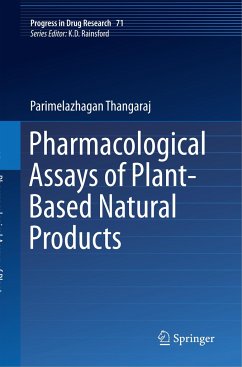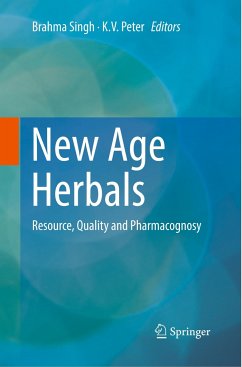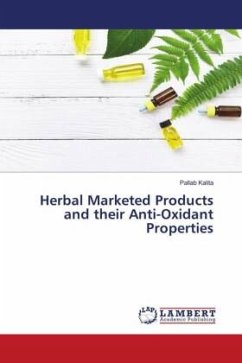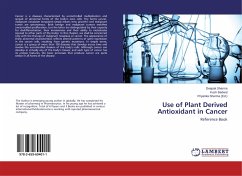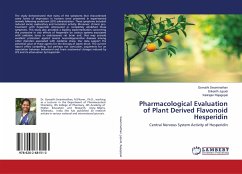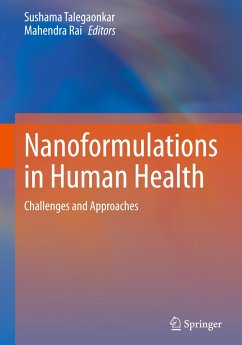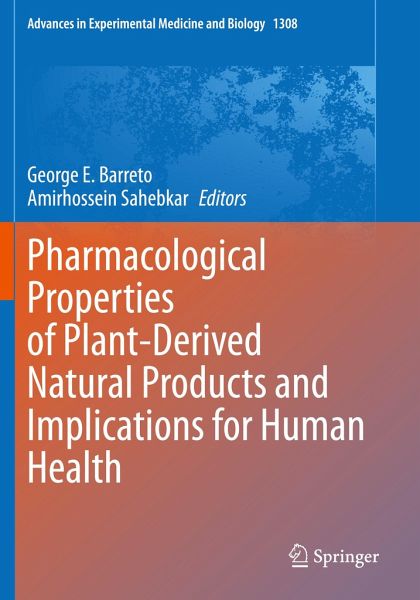
Pharmacological Properties of Plant-Derived Natural Products and Implications for Human Health
Versandkostenfrei!
Versandfertig in 6-10 Tagen
113,99 €
inkl. MwSt.

PAYBACK Punkte
57 °P sammeln!
Medicinal plants and their derived products remain as an indispensable source of bioactive molecules that serve as either drug candidates or lead compounds for drug design and discovery. There are several advantages for plant-derived therapeutics including wide availability, diverse pharmacological actions and a generally good profile of safety and tolerability. Over the recent years, there have been numerous reports from clinical studies testifying to the efficacy and safety of medicinal plants and phytochemicals in ameliorating several human diseases. A plethora of basic studies has also unr...
Medicinal plants and their derived products remain as an indispensable source of bioactive molecules that serve as either drug candidates or lead compounds for drug design and discovery. There are several advantages for plant-derived therapeutics including wide availability, diverse pharmacological actions and a generally good profile of safety and tolerability. Over the recent years, there have been numerous reports from clinical studies testifying to the efficacy and safety of medicinal plants and phytochemicals in ameliorating several human diseases. A plethora of basic studies has also unravelled molecular mechanisms underlying the health benefits of herbal medicines. Nevertheless, issues such as identification of bioactive ingredients, standardization of the products and drug interactions remain to be further studied. In this book, we aim to put together several chapters on the medicinal properties and pharmacological action of medicinal plants, plant species and phytochemicals. The goal is to present a comprehensive collection on most of the therapeutic aspects of plant-derived natural products and molecular mechanisms thereof.





